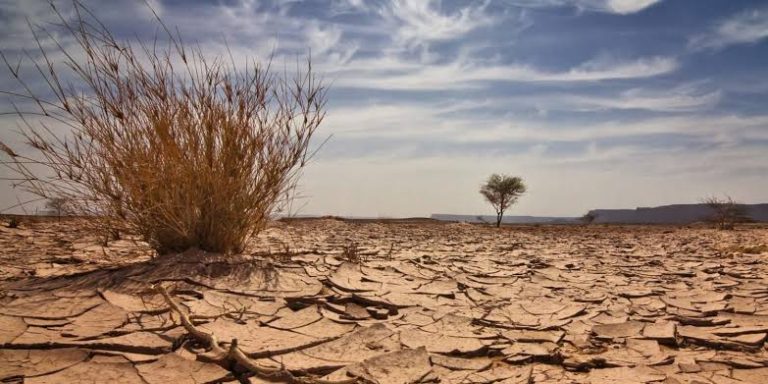Sydani Group, a prominent management consulting firm specialising in international development, has highlighted Nigeria’s inadequate integration of climate action into its broader developmental, economic planning, and foreign policy framework.
Israel Olaniyan, a policy researcher and international development expert at Sydani Group, emphasized during a media roundtable that while Nigeria has made efforts to address climate change, it has yet to fully mainstream climate action into its governmental agenda.
Olaniyan emphasized that integrating climate considerations into Nigeria’s agenda could lead to sustainable, low-carbon economic growth, aligning development objectives with environmental sustainability.
He underscored Nigeria’s significance in the international climate discourse due to its large population and strategic regional position.
“With a population exceeding 200 million, Nigeria is not only Africa’s most populous nation but also one of the world’s largest. Its actions and policies regarding climate change have implications not just for its citizens but for the entire African continent,” Olaniyan stated.
The media roundtable aims to echo the global call to action for the government, private sector, green investors, and developmental stakeholders to collaborate in driving sustainability efforts across Nigeria, Africa, and the world.
He said in 2021, global carbon emissions reached an all-time high of 37.12 billion tonnes of CO2, and Africa, despite accounting for only 4% (1.45 billion tonnes) of this total, is the most vulnerable to climate disasters.
Olaniyan further stated that the Intergovernmental Panel on Climate Change (IPCC) has noted that humanity has only a few decades left to take decisive action to mitigate the worst impacts of global warming and the current decade, 2021 to 2030, is the critical decade for this action, a crucial ten-year window for humanity to take significant and effective measures to tackle this ongoing threat.
He said the country’s unique environmental, economic, and social landscape necessitates a tailored approach to climate action and must focus on both mitigation and adaptation strategies.
ALSO READ: Five ways to ensure your in-laws don’t interfere with your wedding plan
“Recent years have seen Nigeria make commendable strides in addressing climate change, notably through the submission of updated Nationally Determined Contributions (NDCs) to the United Nations Framework Convention on Climate Change (UNFCCC), the enactment of the Climate Change Act, and the establishment of the National Council on Climate Change (NCCC).
“These efforts, alongside initiatives by governmental bodies such as the Ministry of Petroleum and the Nigerian National Petroleum Company (NNPC) focused on gas flaring and methane abatement, highlight a growing recognition and integration of climate issues within the national policy landscape.
“These actions, coupled with the former Vice President’s efforts in establishing the Energy Transition Working Group and Office, signify a growing acknowledgement and integration of climate concerns within the national agenda”, he said.
In terms of Energy Transition and Economic Diversification, Olaniyan said there is an emphasis on accelerating the shift from fossil fuels to renewable energy sources, aligning with global trends and national energy security needs.
“The Solar Power Naija Program (SPN) is a ₦140 billion initiative by the Central Bank of Nigeria (CBN) to expand energy access to 25 million people through the provision of Solar Home Systems (SHS) or a mini-grid.
“The SPN also aims to increase local content in the off-grid solar value chain and further the local manufacturing industry. It is a step towards reducing carbon emissions and promoting sustainable energy.
Furthermore, he said there has been the introduction of climate-resilient crops and innovative farming techniques to counter the adverse effects of climate variability.
